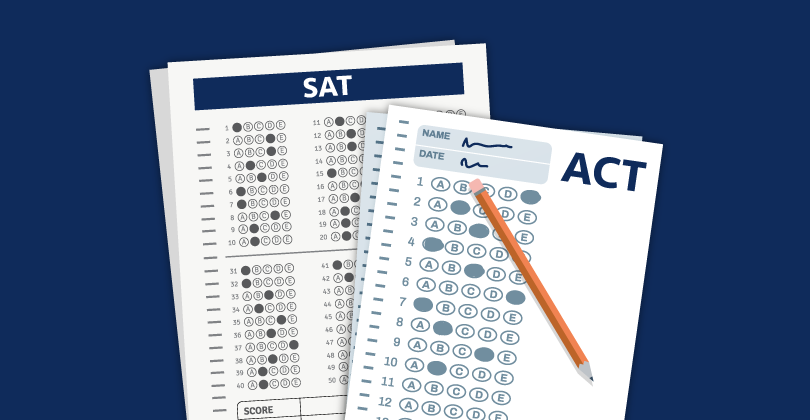We’ve written previously about our thoughts when it comes to “test optional” policies (which have become much more popular and widespread throughout the COVID-19 pandemic). Now that we’ve experienced two rounds of pandemic admissions cycles, however, we’ve got some cold hard numbers to analyze. How has the admissions process been impacted by these test optional and test free policies? How are applicants being affected? And, more importantly, how should you proceed now that you have this information?
Compass Prep has written a detailed and incredibly informative blog post outlining some of their findings, and I’d encourage all applicants and parents (and teachers and counselors) to take a read. If you’re looking for the TLDR (“too long, didn’t read”) summary, we’ve got you covered. Here are some of the key takeaways from this blog, as well as a few observations that we’ve made at The Enrichery.
More applicants applied to more schools.
We’ve discussed the reasons behind this in a previous blog post, but in short, more applicants are throwing their hat in the ring knowing that they don’t have to submit any test scores. Colleges are seeing more applicants than ever, which naturally means…
Acceptance rates are decreasing.
More applicants = more competition = lower acceptance rates. (The article cites one jaw-dropping statistic: Auburn’s acceptance rate dropped from 85% to 24% in two years.) Many schools are denying more students than they ever have in history.
Students who are submitting test scores are being accepted in higher numbers.
But remember: the students who are submitting their scores are, apparently, very proud of the scores they’ve got to submit. High test scores are often correlated with things like high GPAs, as well as all the other things that make someone a great applicant. In other words, it’s not necessarily simply submitting the scores that are working in their favor; the very fact that they have scores they want to submit is likely an indication of other strengths in their application.
The ”average test scores of admitted students” are through the roof.
This was a stat I always looked for when I was applying to college. The average test scores for admitted students over the past two years is higher than ever for many schools. HOWEVER! This is not necessarily indicative of what the average student really looks like simply because not everyone is submitting scores, and the applicants who ARE submitting scores probably have particularly high ones.
So, how do YOU proceed with testing, submitting, and applying?
We encourage all of our students to sit for the SAT and ACT, but submitting those scores is decided on a case-by-case basis. Grinnell College has a particularly useful section on their admissions website for making this decision:
- If you think your scores are an accurate representation of your ability, then you should feel free to submit them. If you feel they are not, then don’t submit them.
- If you get the score you hoped for, and especially if it’s above average for Grinnell, submitting the score may help you in the admission process.
- Keep in mind that we consider your test score in context. Even if your score is not above average for Grinnell, but it is for your high school or neighborhood, your score may help you in the admission process.
- A high SAT or ACT score can offset a low GPA. If you don’t submit a score, we have less information about your academic performance. If you have a low GPA but do well on the SAT or ACT, your test score can be an important indicator of your potential to succeed in college-level classes.
While the whole “test optional” thing was instated to make things easier on applicants during this chaotic time, in many ways it has added yet another thing that applicants have to strategize about and inevitably second-guess. It would be really nice to offer our Enrichery families a step-by-step guide for navigating this process, but it’s certainly not one size fits all. Our advice? Consider the school and program you’re pursuing, research average scores, determine how your scores align with your overall application, and – of course – talk to an Enrichery coach for tailored advice straight from the experts.





